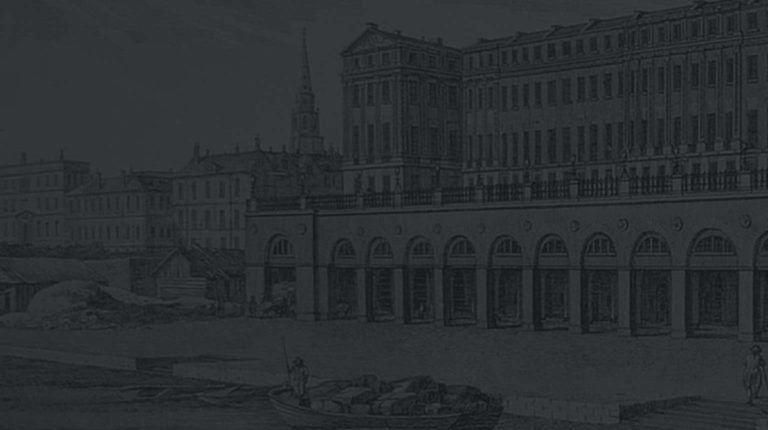History is often written by the winners. So said Churchill. Jawaharlal Nehu, the first Prime Minister of India, elaborated: “History is almost always written by the victors and gives their view. Or, at any rate, the victor’s version is given prominence and holds the field.
In 1842 the first Opium War ended. The Qing Dynasty was forced to concede indemnities, treaty ports and Hong Kong Island to the British. China as a nation was already suffering from the effects of natural disasters, famine and perceived overtaxation. Adding defeat in an expensive and unpopular war created a portentous mix. China seemed poised for an uprising. And it got one.
The Taiping Rebellion would last for the next fourteen years. It would become one of the bloodiest wars in human history, with estimated dead somewhere between twenty million and a hundred million, as well as millions more displaced. At its end, the Qing Dynasty prevailed, with the major players in its victory heralded as heroes and ‘saviours of the Qing Empire’.
And so says history.
In Chinese, The Taiping Rebellion is referred to as The Tai Ping Tian Guo – with the literal translation being ‘The Kingdom of Heavenly Peace’. A phrase many times removed from the English connotations of ‘rebellion’. But history is written by the victors, and it is the victor’s view that ‘holds the field’.
In 1843, a Christian sect named the ‘God Worshipping Society’ began to spread their ideas across Southern China. They gained support from the locals by suppressing gangs of bandits and pirates throughout the region – something that the ruling Qing government had failed to do.
The leader, Hong Xiuquan, believed himself divinely blessed (many commentators have stated that Hong claimed to be ‘Christ’s younger brother’, but this may well actually be a mistranslation of the Chinese term for younger brother: ‘xiōng dì’ which means ‘follower’ rather than a blood relative), and the group grew in popularity and numbers. By 1847 they had taken control of the whole Guangxi Province. By 1850, their puritanical doctrine had become the norm – based on snippets of Christianity that had been brought to China by Europeans during the Opium War. Opium itself was banned, as was tobacco, gambling and the masochistic practice of foot binding. Women were treated on an equal basis to men, and became soldiers and administrators and even civil servants.
‘Rebellion’, indeed.
Lot 292 in Hong Kong Auction 61 – An important Group of French Orders, Medals and Papers relating to the Taiping Rebellion – awarded to the Captain Jules Julhiet (1824-1898) and family.
Extremely fine to mint state.
Estimate: US$10,000-12,000
By 1853, two thirds of China’s land was controlled by the Taiping’s.
Is a rebellion still a rebellion when it has won? Can the label of ‘rebels’ be attached to a movement that controlled so much of the country? If they were the majority, just what were they rebelling against? The debate is open, but history is written by the victorious, and the fact is that the Taiping Rebellion did not win at all.
When, in 1860 and 1862, the Taipings moved to conquer Shanghai, the English and other European countries stood up and took notice. Shanghai was a port that the British had been ceded, and was considered incredibly valuable to trade. The decision was made that even a weakened Qing Dynasty was preferable to an unknown regime with a perceived version of Christianity that must have appeared quite radical to the Victorian British. The Qing ‘Ever Victorious Army’ (history is written by….etc), backed by the Europeans, recaptured Suxhou and Nanjing, culminating in the death of Hong.
Other factors played their part in the Taiping downfall. Hong’s reluctance to march North played into the ruling Manchu’s hands. Internal fighting amongst the Taiping leaders led to disillusionment and disorganisation amongst their ranks, and so on.
The victors were left to name history, and the rebellion will be forever thus.
As for the future – that, naturally, was still to be written. Many of the Taiping’s beliefs are now seen as a type of proto-Communism (for example, the control of all lands being passed to the rulers; every member had to turn over all funds to the Treasury), and most certainly paved the way for the end of Dynastic rule in China and the creation of the Communist Regime. It is highly unlikely that the Taiping’s had heard of Karl Marx; but he had certainly heard of them: “perhaps the next uprising in Europe may depend more on what is taking place in the Celestial Empire than any other existing cause”.
In numismatics, it is not the future but history (whomsoever it is writ by) that is our staple. And it is history that gives out the names. What would we have called the ‘rebellion’ had they been victorious? Would we today be collecting medals relating to the Taiping Heavenly Kingdom Movement – the movement that mayhap have led to a dominant economic and political system that never caused another war ever again….?
Hong Kong Auction 61
Thursday 25th August 2016

Click here to view all lots from this auction




